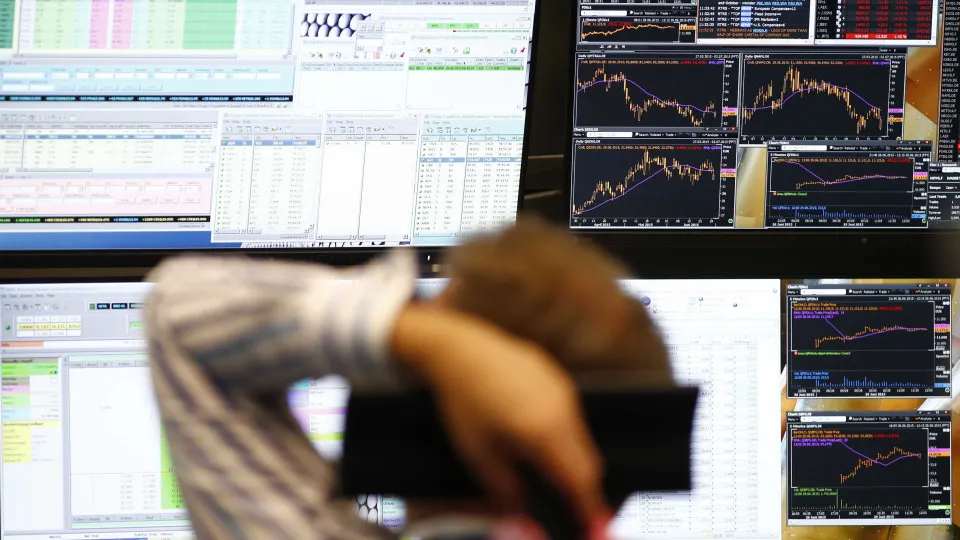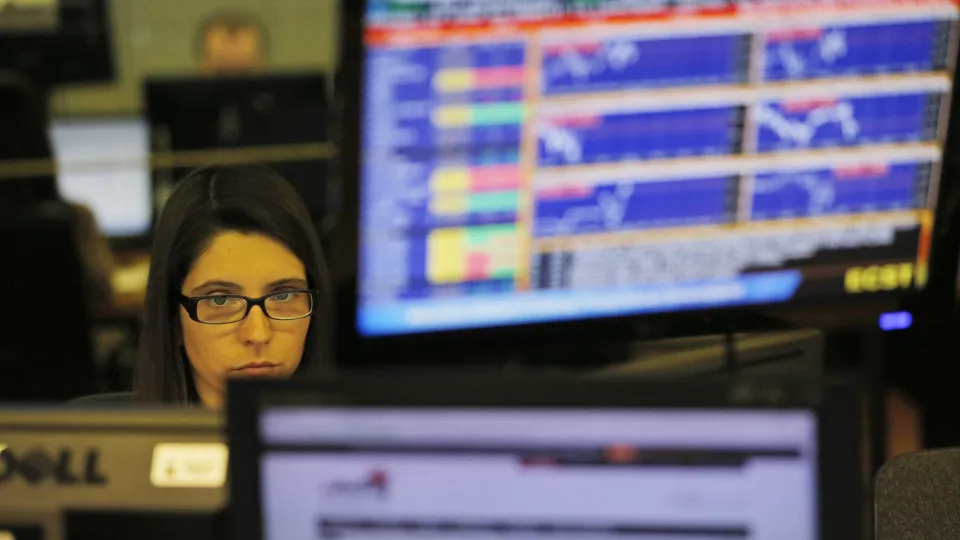
At approximately 09:05 in Lisbon, the EuroStoxx 600 was down 0.24% to 570.53 points.
The stock exchanges in London, Paris, and Frankfurt were down 0.03%, 0.54%, and 0.45%, respectively, as were those in Madrid and Milan, which depreciated by 0.13% and 0.52%.
Lisbon’s stock exchange maintained its opening trend with the main index, the PSI, falling 0.81% to 8,414.96 points, against a new high since January 2010, of 8,484.01 points on November 5.
Investors, attentive to the corporate earnings that continue to be published, are closely watching the outcome of the BoE meeting to see if rates remain unchanged, along with Norway’s central bank, which will also decide its monetary policy today.
In Asia, Tokyo’s main stock index, the Nikkei, rose 1.34% today, reversing two days of losses due to the upward trend on Wall Street, after the private sector created more jobs than anticipated in the US in October.
Shanghai’s benchmark index gained 0.97%, Shenzhen’s increased by 1.73%, and Hong Kong’s Hang Seng rose 2.04%.
Wall Street closed higher on Wednesday after the US Supreme Court expressed skepticism about President Donald Trump’s authority to impose tariffs.
The Dow Jones ended Wednesday up 0.48% to 47,311.00 points, compared to 47,706.37 points on October 28, a new high since its inception in 1896.
The Nasdaq, an index of high-tech companies, closed up 0.65% to 23,499.80 points, against the all-time high of 23,958.47 points recorded on October 29.
Automaker Tesla is holding its general shareholders’ meeting today, where the result of the vote to decide whether CEO Elon Musk will receive one billion dollars in shares allowing him to control the company will be revealed.
The price of gold, historically considered a safe haven asset in uncertain times, was rising today, with an ounce trading at 4,015.67 dollars, compared to 3,982.15 dollars on Wednesday and the all-time high of 4,347.86 dollars recorded on October 20.
Meanwhile, Brent, the benchmark crude oil in Europe, for delivery in January 2026, was advancing to 63.53 dollars, compared to 63.52 dollars on Wednesday.
On Sunday, ministers from eight OPEC+ alliance countries, led by Saudi Arabia and Russia, decided to increase oil supply starting in December.
In the debt market, the yield on Germany’s 10-year bond fell to 2.661%, from 2.672% on Wednesday, as did France’s, to 3.447%, from 3.456% the day before and the maximum of 3.600% on September 25.
The euro was advancing to 1.1513 dollars in Frankfurt’s foreign exchange market, from 1.1480 dollars on Wednesday and the new four-year high of 1.1865 dollars recorded on September 16.




